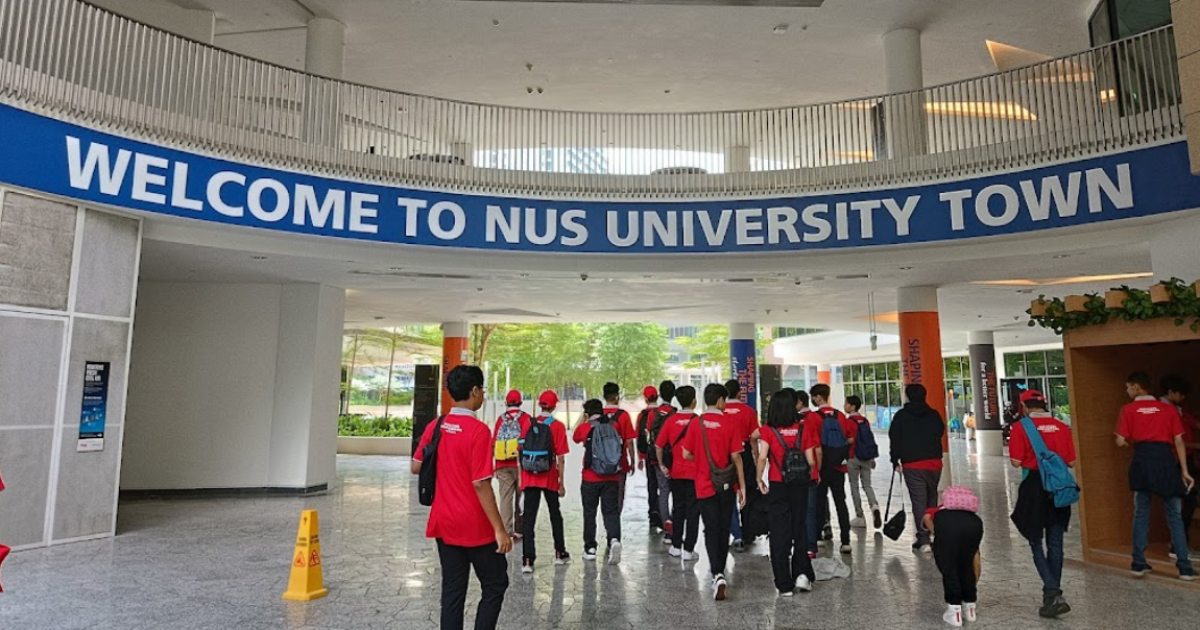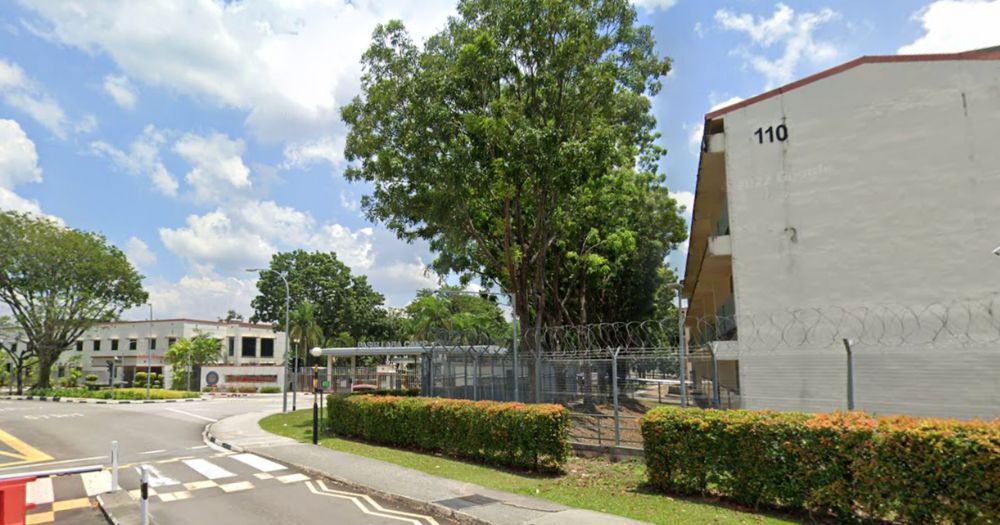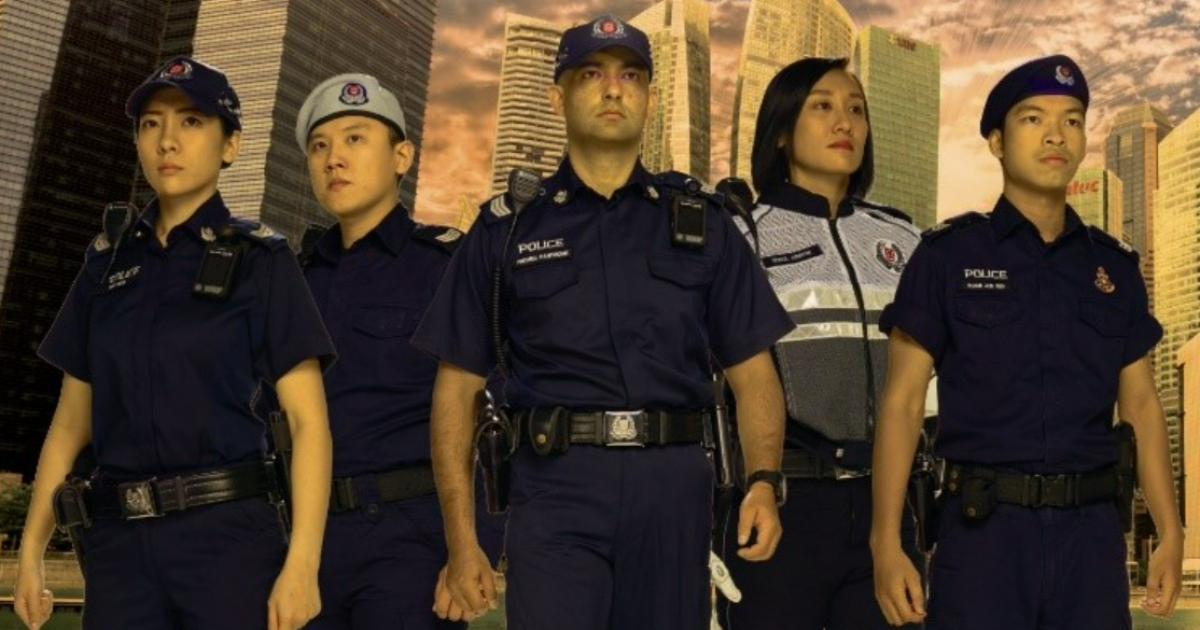NUS students can take Wednesday afternoons off from 3pm to 6pm for out-of-class activities
Three hours a week to take part in out-of-classroom and other student activities.

The National University of Singapore (NUS) will allow students to take Wednesday afternoons off from the new academic year starting August 2024.
A protected time slot from 3pm to 6pm on Wednesdays to take part in out-of-classroom and other student activities has been introduced, NUS said on Jun. 28.
However, students with classes that require special venues, such as laboratories, might be exempted.
This is part of the new NUSOne approach, a new initiative to provide a "holistic" student experience.
It aims to ease the transition into university life for freshmen, and encourage greater self-directed personal growth and development from the start of one's academic journey.
Students can personalise their non-academic development by deepening their interests in a diverse range of activities including arts, sports, community engagement, personal development workshops and many others.
More than 7,400 freshmen enrolled in NUS in 2023.
NUS has an undergraduate population of about 30,300.
New sports-themed hostel
A new sports-themed hostel, Valour House, ready by August 2025, will be a space for athletes and sports enthusiasts to find others with similar interests.
The hostel, opening in NUS’ Kent Ridge campus next to the university’s sports centre, will house up to 600 residents.
Half of the vacancies will go to athletes and individuals who show sporting excellence, and the rest to other students.
This takes the total number of on-campus hostel places to 12,500.
Close to two-thirds of first-year students apply to stay on campus, with the majority assigned rooms.
Helping freshmen adjust to university life
Also starting in August 2024 is the new Transition to Higher Education programme, to help freshmen adjust to university life.
The programme provides freshmen with essential skills and resources, offered through six non-unit-bearing courses, with two of them being mandatory courses.
Topics covered include emotional awareness and well-being, creating a culture of respect and consent, academic integrity and research ethics, learning strategies, and a guide to generative artificial intelligence.
Top photo via Google Maps
MORE STORIES




















